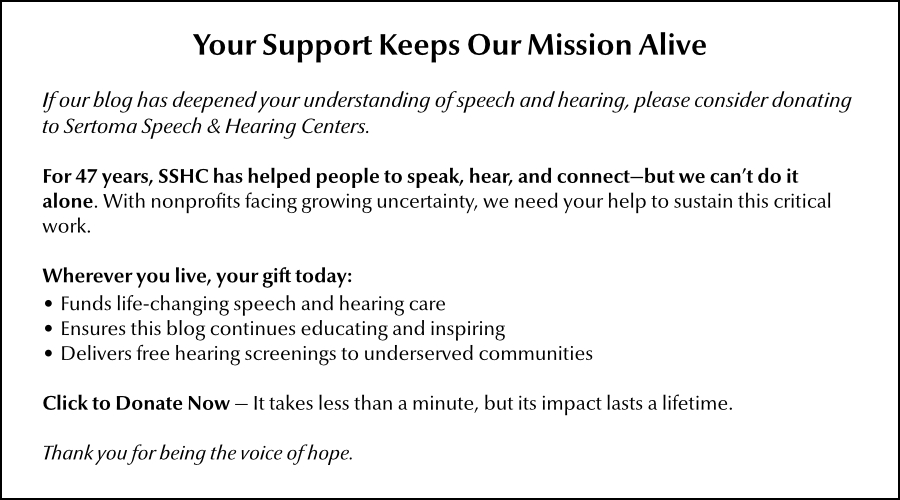For nearly two centuries, doctors have noticed that patients often report significant psychological stress before developing tinnitus or hyperacusis (noise sensitivity). Now, researchers are exploring how chronic stress might contribute to these conditions—even with healthy hearing.
Why it matters
Public health research shows that stress increases the risk of developing tinnitus as much as noise exposure. However, no study has definitively proven that stress alone can initiate these conditions in humans. Understanding these connections could revolutionize how we prevent and treat auditory disorders.
The backstory
People with tinnitus consistently report higher stress levels than those without the condition. Stress makes the ringing louder and more distressing, creating a vicious cycle. Clinicians have recommended breaking this stress cycle.
How it works
Chronic stress causes three interconnected systems to malfunction:
-
The HPA axis floods your body with cortisol (stress hormone) that never shuts off.
-
Your fight-or-flight response stays permanently activated.
-
Your immune system becomes dysfunctional, causing widespread inflammation.

A closer look
Researchers identified three pathways where stress could trigger tinnitus or hyperacusis.
-
Direct cochlear damage. Chronic stress kills cochlear hair cells by damaging their mitochondria and disrupting their genes. Elevated cortisol raises glutamate levels, potentially causing the same toxic overload as noise exposure. Additionally, immune dysfunction increases inflammatory proteins correlating with tinnitus severity while decreasing protective anti-inflammatory proteins.
-
Brain changes. A 2021 rat study found that chronic stress alone—with no noise exposure—caused signs of tinnitus behavior by increasing excitation and reducing inhibition in the hippocampus. Another study showed that rats given stress hormones developed hyperacusis symptoms and auditory cortex hyperactivity, despite normal hearing.
-
Psychological amplification. Research suggests perception of noise matters. For example, teenagers showed less hearing damage from music than equally loud industrial noise. Another study found greater temporary hearing loss when participants were told noise was "punishment" versus a "reward," despite identical exposure.
Reality check
-
The behavioral threshold studies might reflect how stress affects decision-making rather than actual cochlear damage.
-
The most definitive research has been conducted in animals, not humans.
The bottom line
While researchers confirm these mechanisms, tinnitus sufferers can help themselves by monitoring their stress and using stress-reduction techniques. Mindfulness meditation and cognitive-behavioral therapy may complement standard audiological care, potentially preventing these conditions.
Protect your hearing, preserve your peace of mind
Stress and hearing health are deeply connected. If you're experiencing tinnitus, hyperacusis, or hearing changes alongside high stress levels, our free 15-minute hearing screening can help you:
- Understand your current hearing health
- Identify potential stress-related auditory issues early
- Access resources for managing tinnitus and hearing concerns
- Maintain your quality of life and mental well-being
Schedule your free screening today and take the first step toward better hearing health.
★ Call 708-599-9500 to schedule your free screening.
★ For facts about hearing loss and hearing aid options, grab your copy of The Hearing Loss Guide.
★ Sign up for our newsletter for the latest on Hearing aids, dementia triggered by hearing loss, pediatric speech and hearing, speech-language therapies, Parkinson's Voice therapies, and occupational-hearing conservation. We publish our newsletter eight times a year.
Don't let tinnitus or hyperacusis spoil your enjoyment of life.


